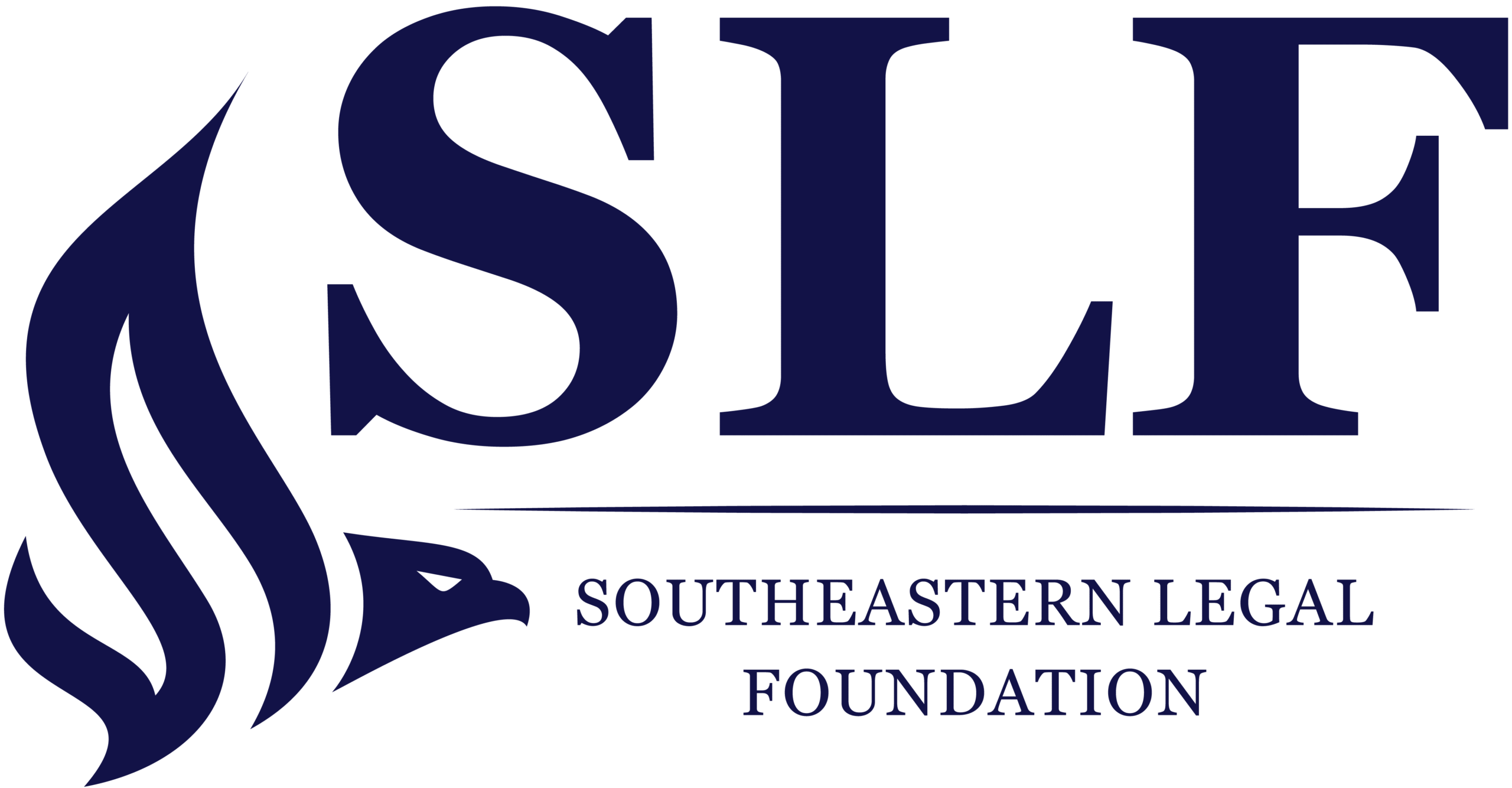NEW YORK, NY (March 27, 2024): Southeastern Legal Foundation (SLF), together with Alliance Defending Freedom (ADF), Manhattan Institute (MI), and Young America’s Foundation (YAF), filed an amicus curiae brief with the Second Circuit Court of Appeals supporting a challenge brought by Do No Harm against Pfizer over a race-based fellowship program.
In their brief, SLF and amici urge the Second Circuit to grant Do No Harm’s petition for rehearing en banc and to hold that membership organizations like Do No Harm cannot be forced to identify their members by name in a lawsuit.
Do No Harm is representing college students who applied for a fellowship with Pfizer and were denied. They met all of the criteria except one: one applicant was white and the other was Asian-American, whereas the fellowship program was designed to increase representation of “Black/African American, Latino/Hispanic and Native American” individuals at Pfizer. The college students are proceeding as anonymous members because they fear retaliation and backlash for challenging this controversial program.
A panel of judges on the Second Circuit upheld the district court’s dismissal of the lawsuit, reasoning that organizations must name their members before proceeding in lawsuits. But as SLF and amici point out in their brief, this holding undoes decades of legal precedent. The Supreme Court has long held that the First Amendment protects the right of individuals to speak and associate anonymously. And if the court’s decision stands, self-censorship on college campuses will only worsen as more doors will close to students considering challenging abusive restrictions on their speech.
Amici are supporting Do No Harm’s petition for the entire Second Circuit to revisit the case with a rehearing en banc.
SLF Director of Legal Initiatives Cece O’Leary states, “We are hopeful that the judges on the Second Circuit grant the petition and reverse the previous holding. The members of Do No Harm are now forced to face the impossible choice of coming forward and risking retaliation or dropping their lawsuit altogether. Future speakers will also be chilled from bringing lawsuits challenging government censorship if they know they cannot proceed anonymously.”
Download press release.
